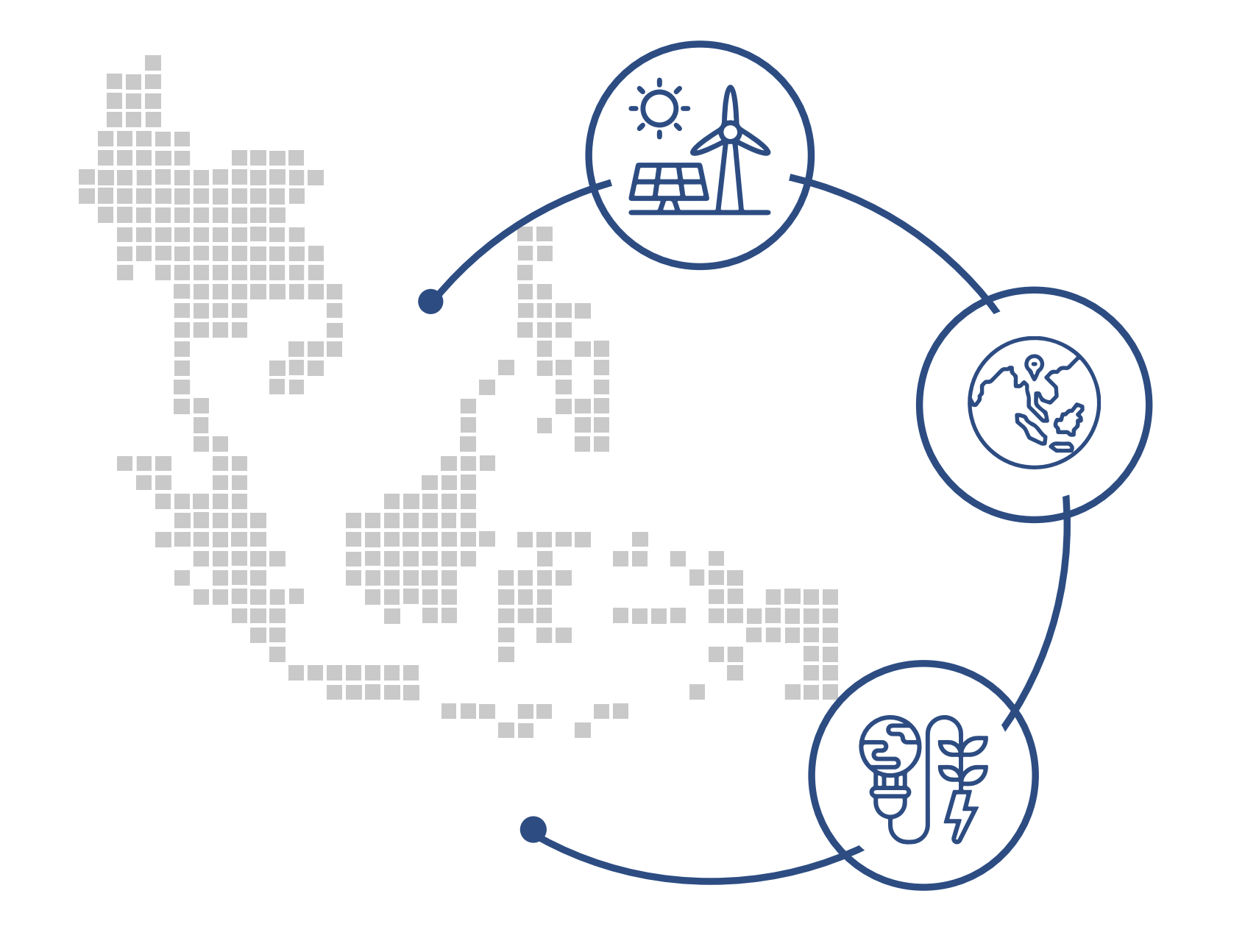Key messages:
- Sovereign Wealth Funds (SWFs) hold total assets under management worth US$7.5 trillion. Yet, SWFs participation in green finance has remained very low, with most estimates suggesting less than 1% of total assets under management.
- This trend has been driven by difficulties around perceived green investment opportunities, environmental information and measurement; concerns that focusing on environmental, social, and governance (ESG) criteria will compromise financial returns; and a lack of clarity on government investment policy and social demands.
- Well-managed SWFs can support financing the Sustainable Development Goals (SDGs) by improving the quality of public spending, strengthening competitiveness, earmarking spending for high impact projects, and promoting green, or ethical investments. In particular, broadening the mandate of SWFs to include green investment can support long-term sustainable development by diversifying the economy away from hydrocarbons, tapping into burgeoning sectors such as clean technology, renewable energy, and low-carbon transport, and enhancing resilience against climate change. Moreover, the specific characteristics – long-term investment strategies – of SWFs make them potentially well-suited to supporting green investments.
- While using SWFs to support long-term domestic development objectives faces a number of constraints and risks, such as political interference and circumvention of the budget process, which can undermine other macroeconomic objectives, properly managed, domestic SWF investment can support national priorities, such as infrastructure development, which needs its investment most. In fact, attractive returns in some developing countries coupled with significant financing needs and fewer long-term financing options since the financial crisis, has driven many SWFs to invest domestically.
- Increasingly many institutional investors (including SWFs) have been investing in alternative assets in recent years, including through co-financing arrangements (e.g with pension funds, private equity, and multilaterals). This is conducive to achieving the SDGs, as accessing sectors such as infrastructure, real estate, agriculture, and forestry show tremendous potential to support sustainable development and typically, these sectors require multiple sources of funding.
- Shifting SWF behaviour will require a concerted effort addressing attitudes, governance, and investment operations, from realigning fund mandates all the way through integrating relevant criteria into portfolio processes and allocation decisions. This shift can be supported by strengthening existing principles and structures, as well as the significant international momentum to make the financial system more sustainable.






